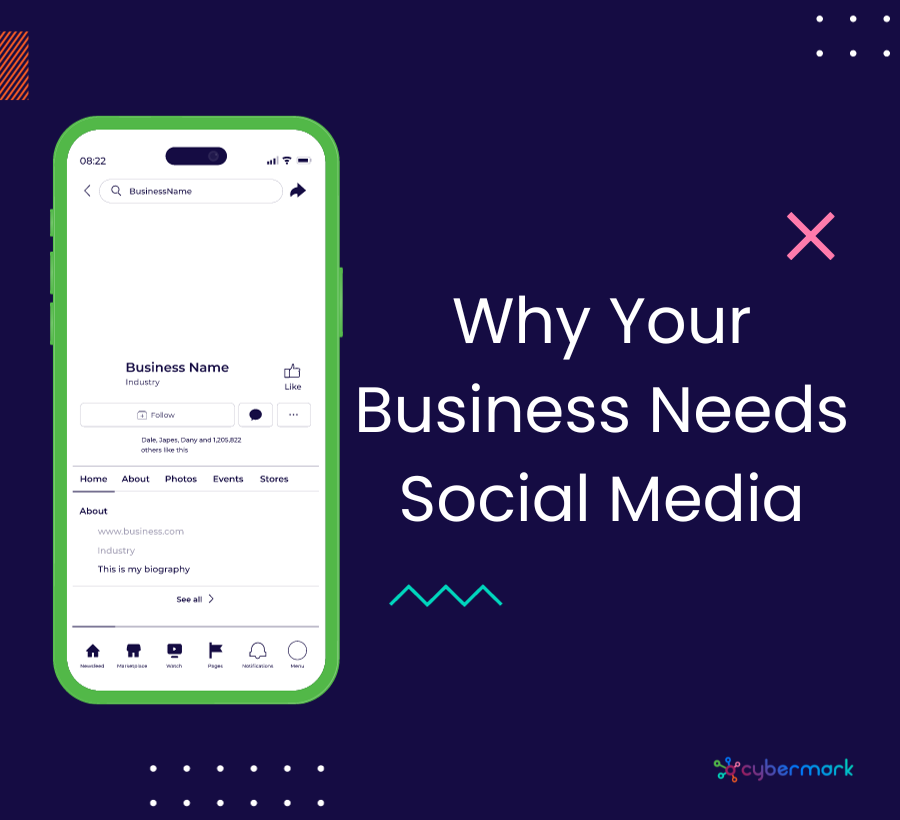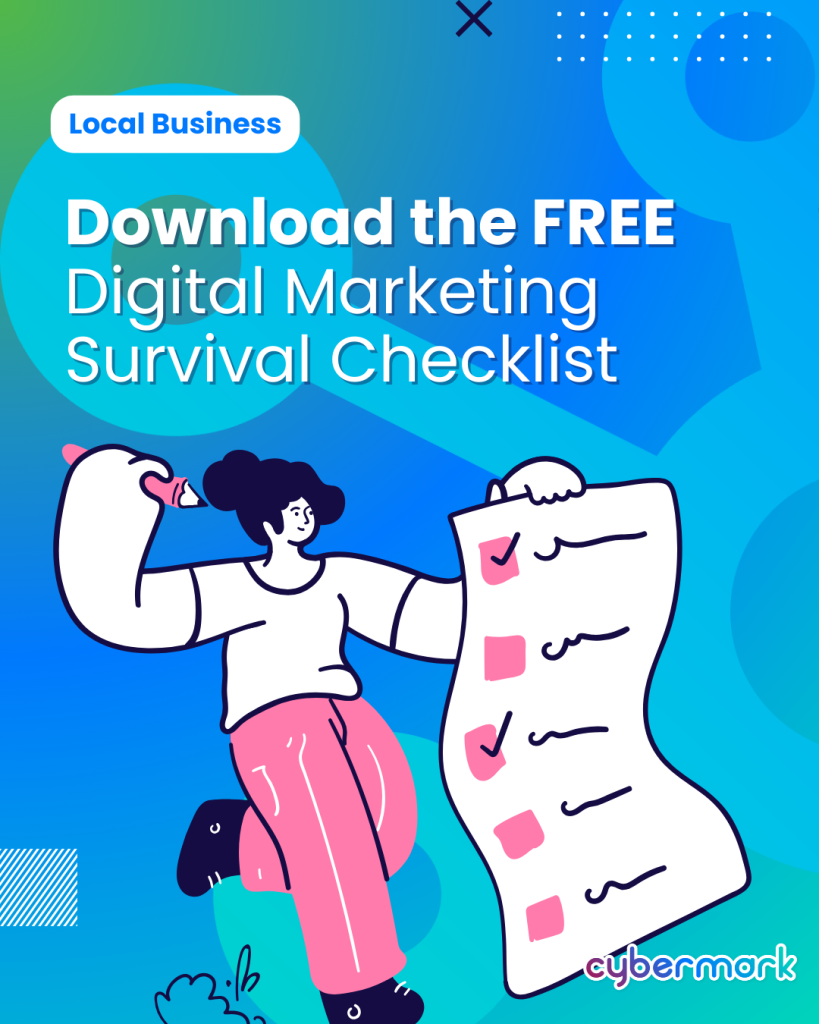If you use social media enough, every so often you might notice a post from a friend that just doesn’t look quite right. The post typically has a link at the end and a short comment meant to direct you to click on the link, saying something like, “You’ll never believe what I found,†or “You’ve gotta check this out!†These are all clear signs that this person’s account has been hacked.
As a business, one of the greatest dangers aside from the obvious security breach is the potential loss of followers or friends that you have worked so hard to grow. Getting hacked can deal a devastating blow to your social media following. For this reason, it is good to be proactive about protecting your account security. Here are five tips to avoid getting hacked:
• Use a hacker-proof password: Choose a password that isn’t easy to guess, with a combination of uppercase and lowercase letters, numbers and symbol characters. For extra safety, try out Safepasswd, a tool that helps you create incredibly safe passwords.
• Reset your passwords often: Change your passwords once every few months. If you’re concerned that you might forget your password, tools like 1Password, KeePass, LastPass and RoboForm all offer services to help securely keep track of your passwords.
• Don’t get fooled by fake login screens: If you’re already signed into Facebook, Twitter or any other social networking site, you won’t be asked to sign in again unless you’ve logged out. Even if the screen looks like the typical login page, it may not be. If this happens, err on the side of caution and exit the browser window, then try again.
• Never respond to emails asking for information: Never respond to an email with your login information. Many of the emails sent out are formatted to look legitimate, so don’t be fooled. Check the email address to see if it has been sent from a third-party account like Gmail, MSN, Hotmail or Yahoo. When in doubt, contact the company that is asking you for information directly.
• Don’t fall victim to scammer calls: If a hacker has access to your social media account, it is likely that they already have your phone number. Never give out any password or login information, or your social security number to an unsolicited caller. If you are unsure whether the person calling you is legitimate, get their name, employee ID number and attempt to call them back through the company’s main, verified 1-800 number.
While these tips can help, there is still the possibility that your social media accounts may get hacked at some point. To ensure the least amount of damage to your online reputation and follower base, the most important thing you can do is to be as active as possible with your social media output. The more often you post and check your accounts, the sooner you will be able to see if a hacker is posting on your account.
If you’re struggling to keep an active social media presence while running a business, the social media specialists at CyberMark International can help you. For more information on the social media services we provide, call us today at .
![]()






